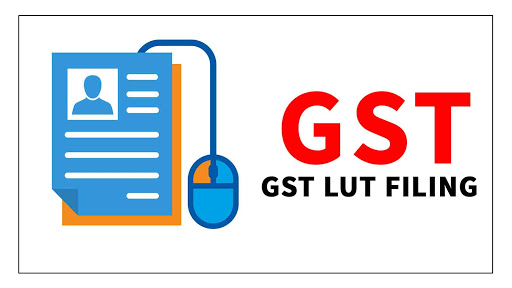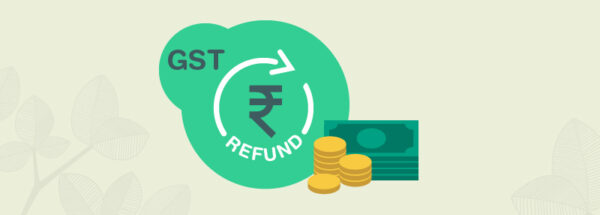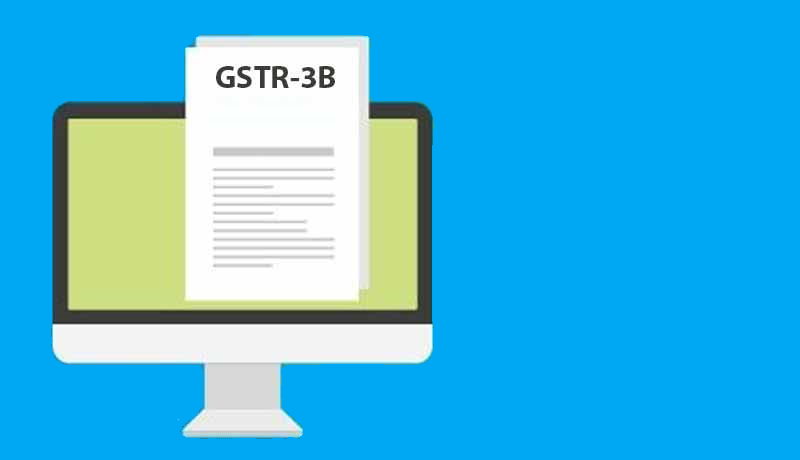The Gujarat High Court quashed the order for provisional attachment of the five bank accounts of a person accused of tax evasion under Section 74(1) of the CGST Act stating that none of the conditions regarding provisional attachment as mandated under Section 83 of the CGST Act as laid down in the Court’s earlier order have been fulfilled.
The writ applicant, Mukund Kumar Chauhan had prayed before the court to direct the Respondent authority to immediately remove attachment of 5 Bank Accounts belonging to Petitioner Company which were provisionally attached under Section 83 of the CGST Act.
Order of Gujarat High Court: Deliberations and Order
A Coordinate Bench of this Court, to which one of us J.B. Pardiwala, J. was a party, had the occasion to discuss Section 83 of the Act in the case of Valerius Industries vs. Union of India, Special Civil Application No.13132 of 2019, decided on 28th August, 2019, wherein this Court drew the following conclusion:
“[1] The order of provisional attachment before the assessment order is made, may be justified if the assessing authority or any other authority empowered in law is of the opinion that it is necessary to protect the interest of revenue. However, the subjective satisfaction should be based on some credible materials or information and also should be supported by supervening factor. It is not any and every material, howsoever vague and indefinite or distant remote or far-fetching, which would warrant the formation of the belief.
[2] The power conferred upon the authority under Section 83 of the Act for provisional attachment could be termed as a very drastic and far reaching power. Such power should be used sparingly and only on substantive weighty grounds and reasons.
[3] The power of provisional attachment under Section 83 of the Act should be exercised by the authority only if there is a reasonable apprehension that the assessee may default the ultimate collection of the demand that is likely to be raised on completion of the assessment. It should,
therefore, be exercised with extreme care and caution.
[4] The power under Section 83 of the Act for provisional attachment should be exercised only if there is sufficient material on record to justify the satisfaction that the assessee is about to dispose of wholly or any part of his / her property with a view to thwarting the ultimate collection of demand and in order to achieve the said objective, the attachment should be of the properties and to that extent, it is required to achieve this objective.
[5] The power under Section 83 of the Act should neither be used as a tool to harass the assessee nor should it be used in a manner which may have an irreversible detrimental effect on the business of the assessee.
[6] The attachment of bank account and trading assets should be resorted to only as a last resort or measure. The provisional attachment under Section 83 of the Act should not be equated with the attachment in the course of the recovery proceedings.
[7] The authority before exercising power under Section 83 of the Act for provisional attachment should take into consideration two things: (i) whether it is a revenue neutral situation (ii) the statement of “output liability or input credit”. Having regard to the amount paid by reversing the input tax credit if the interest of the revenue is sufficiently secured, then the authority may not be justified in invoking its power under Section 83 of the Act for the purpose of provisional attachment.
The division judge bench headed by Chief Justice Vikram Nath and J.B. Pardiwala held that we are of the view that none of the above referred conditions are fulfilled in the present case and accordingly allowed the writ application.
The order of provisional attachment of the five bank accounts of the writ applicant under Section 83 of the Act was quashed and set aside and accordingly the attachment of the five bank accounts was ordered to be removed.
READ / DOWNLOAD ORDER:
***
[rainbow]Don’t miss the next GST Update / Article / Judicial pronouncement[/rainbow]
Subscribe to our newsletter from FREE to stay updated on GST Law
Resolve your GST queries from national level experts on GST free of cost.
Frah Saeed is a law graduate specializing in the core field of indirect taxes and is the Co-founder of taxwallah.com. She has authored many publications on GST and is into full-time consultancy on GST to big corporates. She as a part of taxwallah.com heads a team comprising of Chartered Accountants and Advocates and plays a key role in our mission to disseminate GST knowledge to all.




